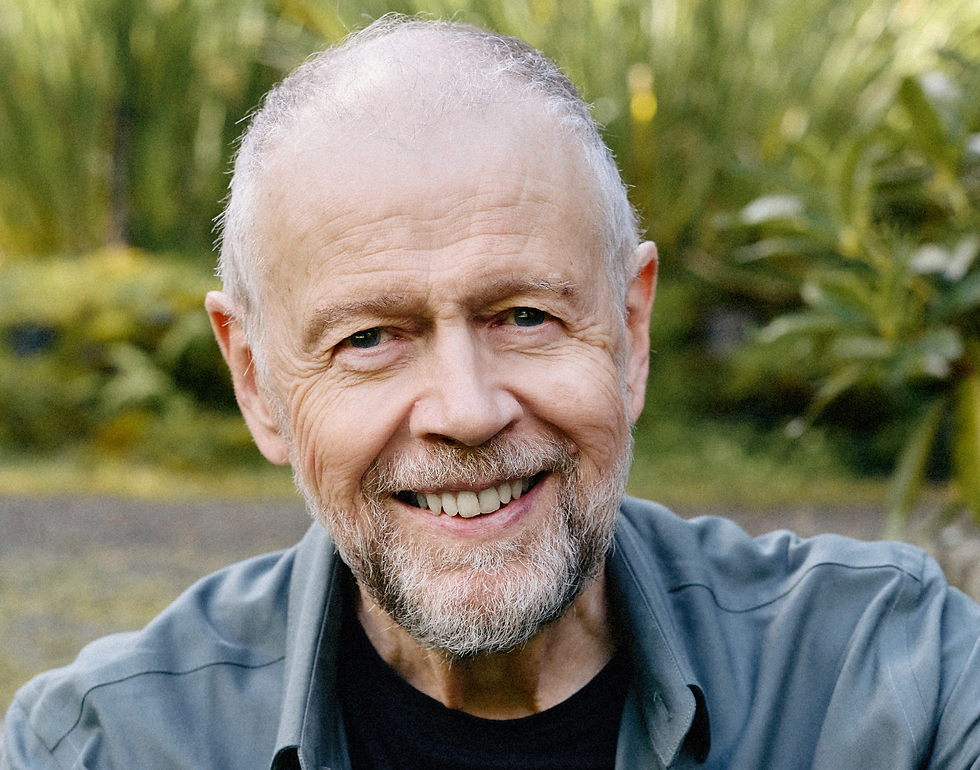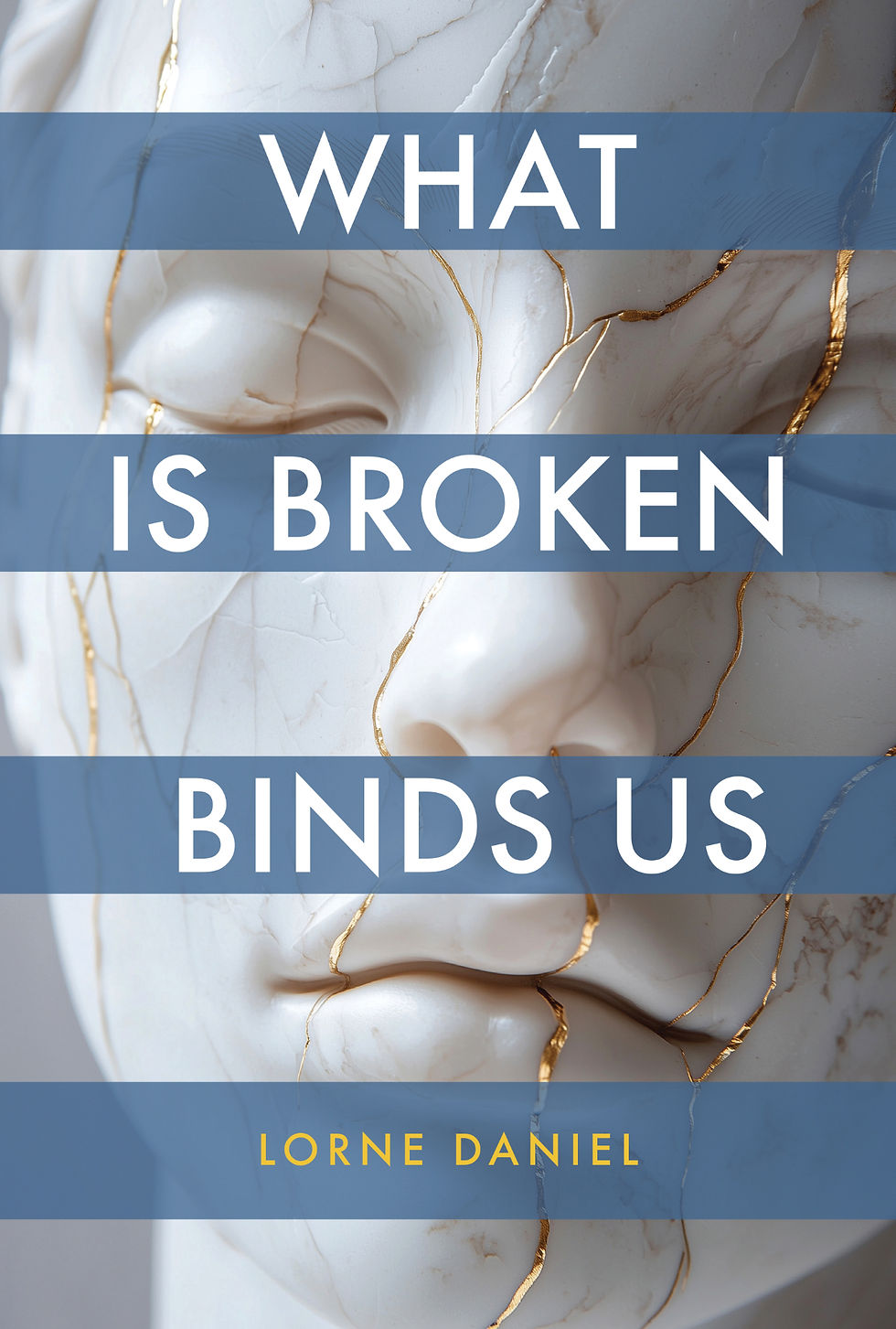Lorne Daniel: A poet finds clarity through life and place
- Sheelagh Caygill

- Aug 9, 2025
- 3 min read
Updated: Aug 20, 2025
Lorne Daniel is a Canadian poet and non-fiction writer. He has been deeply engaged in the literary community, including the emergence of a Canadian prairie poetry scene in the 1970s. His latest collection is What is Broken Binds Us and is published by the University of Calgary Press in September, 2025. Lorne has published four books of poetry, edited anthologies and literary journals, and written freelance journalism. His work has been published in dozens of anthologies, journals, newspapers and magazines in Canada, the U.S. and the U.K. Lorne lives on the traditional territories of the Lək̓ʷəŋən people in Victoria, BC. In this interview with Oncreativewriting.com, Lorne is a poet who finds clarity in life and place. Here, he reveals his mentors and a bit about his writing process.
A poet who finds clarity through life and place

OCW: What life experiences have shaped your writing style?
LD: My writing flows from my life experiences and all the life stages are there, in the poems and essays and journalism. In terms of style, I quite early felt most comfortable with writing that leans to clarity rather than experimentation and word play. Early in my writing I was influenced by the work, and the style, of poets I met – Al Purdy, Glen Sorestad and my mentor Marty Oordt. They worked with narrative and a natural diction. I liked that, and I continue in that style.
The evolution of a writer's style and community
OCW: Has your writing evolved over the years? If so, how? Through writing experience? Reading a lot? Writing courses or communities? A combination, or something else?
LD: I have participated in many retreats, workshops and writing communities over the years, from western Canada to the American mid-west to central Mexico. I enjoy the variety and simulation of seeing and hearing what other writers are doing. I experimented with form in my early writing. Now, I use literary forms and the example of others’ work as prompts, to set me off in a direction. I see something of interest and explore where it takes me.

OCW: Can you trace any common themes across your writing?
LD: The heartfelt sense of place has been important to me ever since childhood. I am also interested in the sweep of time in those places – how families and cultures and built forms change our sense of a place. And I feel a continual urge to explore what it’s like to be human in these times and places. How do we make sense of our world?
OCD: Do you use social media to engage readers, writers, or publishers and, if so, which platforms?
I have enjoyed some social media platforms at various stages, to build community and make connections. As we know, each of these platforms has advantages and challenges, and they can change a lot with the forces of capitalism and politics tugging them this way and that. I have stepped away from some social media but am still active on others, in order to find like-minded writers and readers. Over the years, I have also been active in community issues wherever I lived, and social media has helped build those community connections.
The role of editing and discovery in the creative process
OCW: Do you edit as you write, or write and edit later?
Writing, for me, is always a process of discovery – I’m learning what matters, and the connections between thoughts, emotions, and images as I go. So I like my first drafts to be pretty free flowing, not stopping to critique what’s coming out. Get something down, quickly. That said, there are definitely times when I write a line or phrase and quickly replace it with a similar, but more nuanced, line or phrase. In poetry in particular the rhythm and sequence of sounds and words is important, so sometimes I see better combinations immediately.



Comments